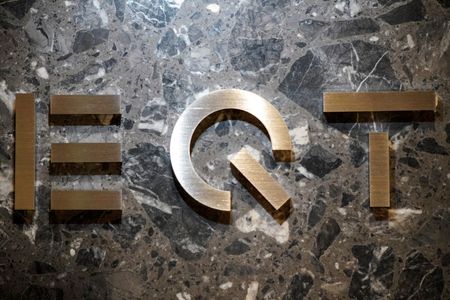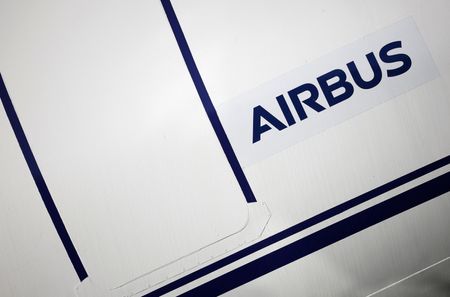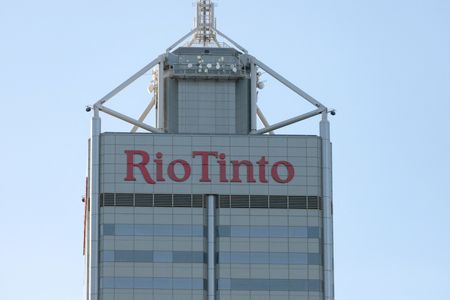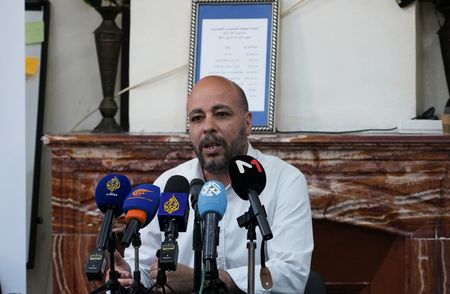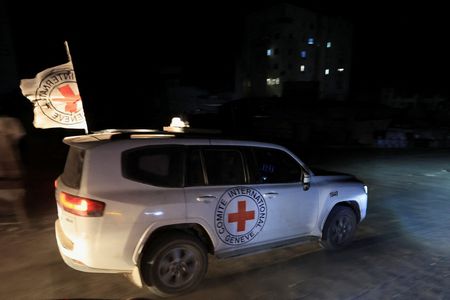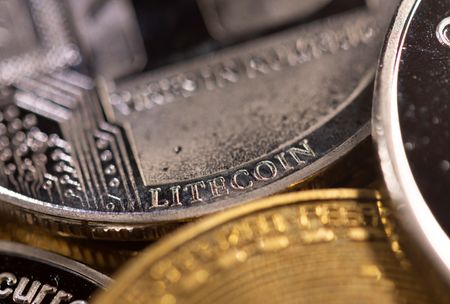MOSCOW (Reuters) -Russia’s second-largest oil producer, Lukoil, said on Monday it would sell its international assets following sanctions over Ukraine announced last week by the United States.
The planned sale of the assets is the most consequential action so far by a Russian company in the wake of Western sanctions over Russia’s war in Ukraine, which started in February 2022.
“The sale of the assets is conducted under OFAC wind down license. If necessary the company plans to apply for extension of the license to ensure uninterrupted operations of its international assets,” Lukoil said in its statement, adding that the consideration of bids from potential purchasers had started.
On October 22, U.S. President Donald Trump imposed Ukraine-related sanctions on Russia’s largest oil companies, Lukoil and Rosneft.
On October 15, Britain also targeted Lukoil and Rosneft, as well as 44 so-called shadow fleet tankers, mainly consisting of aging tankers with opaque ownership, in what it described as a new bid to tighten energy sanctions and choke off Kremlin revenue.
Moscow-headquartered Lukoil accounts for around 2% of global output. Its name derives from three oil towns in Lukoil’s traditional exploration region of western Siberia: Langepas, Urai and Kogalym.
The company did not identify specific assets to be sold.
Its biggest foreign asset is Iraq’s West Qurna 2 oil field, one of the world’s largest, in which it holds a 75% stake.
The oil field’s output topped 480,000 bpd in April, Russia’s Interfax news agency has reported.
The company owns the 190,000 bpd Lukoil Neftohim Burgas refinery in Bulgaria, the largest in the Balkans, as well as the Petrotel oil refinery in Romania.
Lukoil supplies oil to Hungary and Slovakia, as well as to Turkey’s STAR refinery owned by Azerbaijan’s SOCAR, which depends heavily on Russian crude.
The company also has stakes in oil terminals as well as retail fuel chains in Europe and has various upstream and downstream projects in Central Asia, including Kazakhstan, and in Africa and Latin America.
(Reporting by Reuters; Writing by Ksenia Orlova and Vladimir Soldatkin; Editing by Matthew Lewis)


